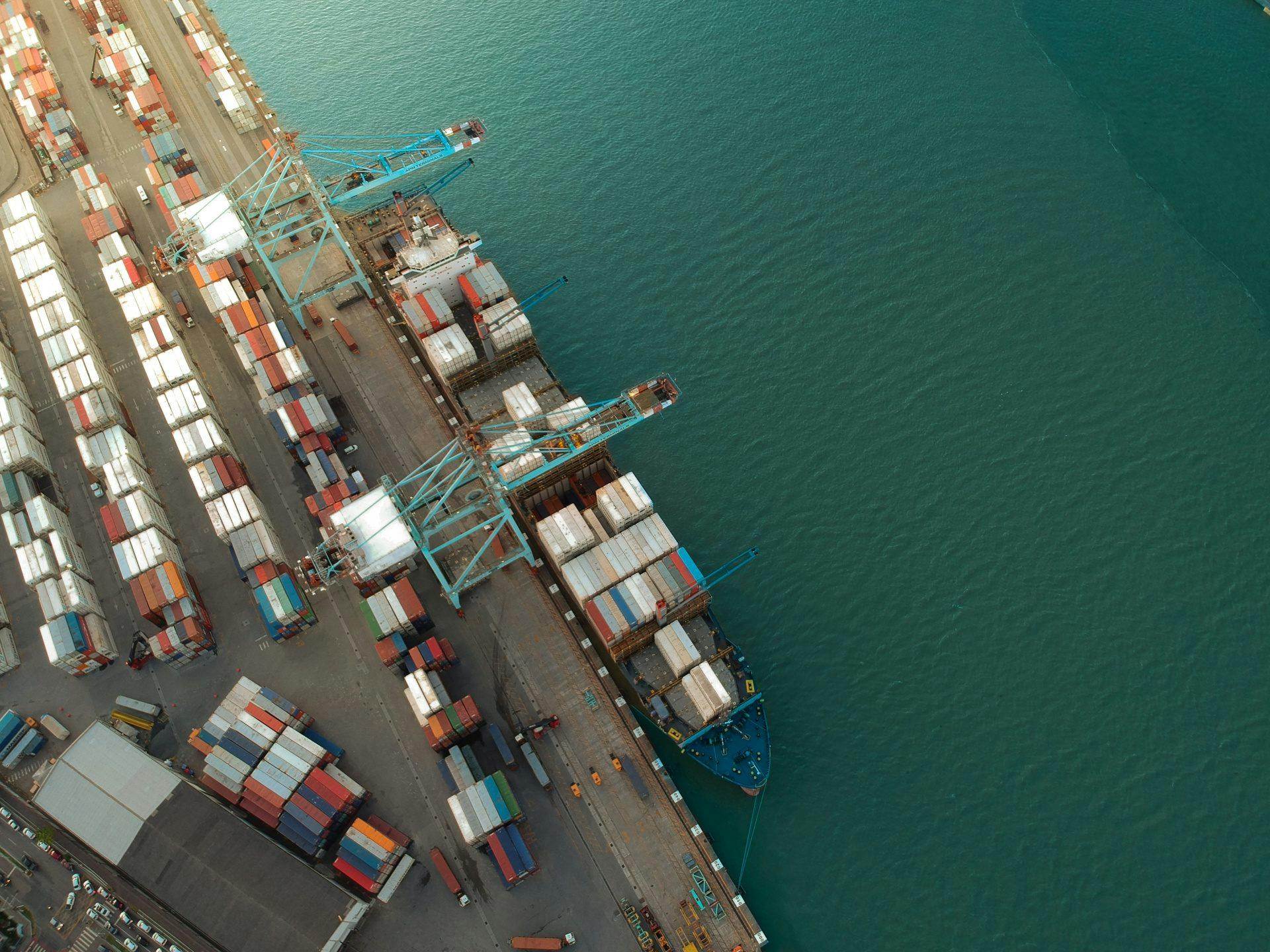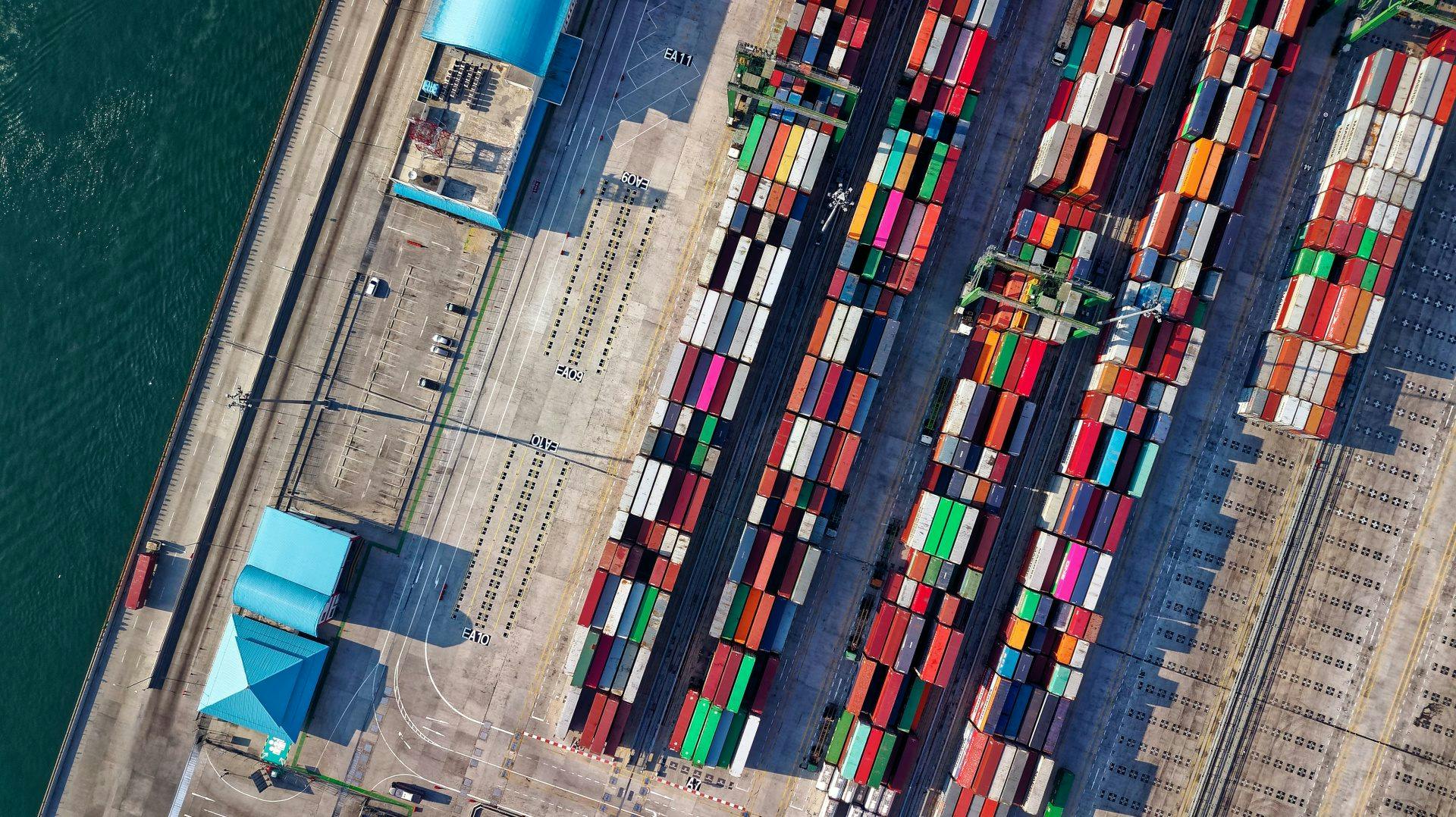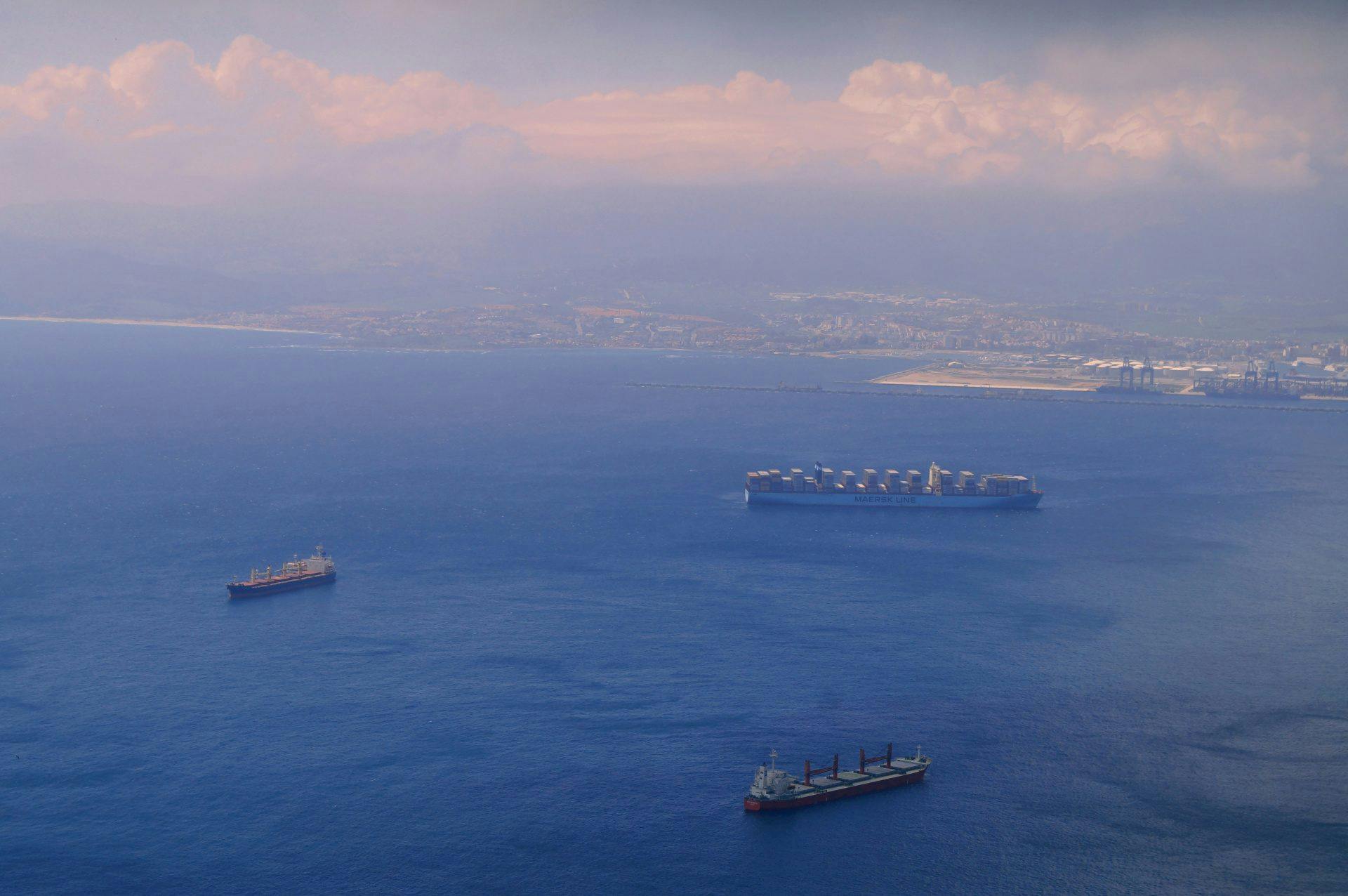Port & Maritime
Influenced by social changes, business operations are increasing in complexity and ports and maritime players are having to reinvent themselves as a result. Previously people tended to rely mainly on gut feeling, but nowadays, there is a growing demand for data analytics, digitalization, and optimization algorithms. In addition, climate targets are putting greater pressure on operations and spending. Any efforts to improve efficiency can therefore only be beneficial!
At ORTEC, we combine data and mathematics to have a lasting impact on organizations and society. We see it as our responsibility to make applied mathematics available in a transparent, secure, and sustainable way. Our aim is to increase the efficiency of the maritime world by supporting the entire nautical chain with data-driven insights.

Growing complexity
A feature of the maritime industry is the enormous complexity of its operations. Customers and partners expect more than just excellent service; they increasingly require greater flexibility, faster services, and more sustainable solutions. At the same time, we are dealing with the challenges posed by limited resources, rising labor costs and demanding climate targets. Data analytics, digitization, and optimization algorithms are essential tools for helping organizations to make the right decisions. In turn, these decisions lead to the best results for the company, the people, and our planet.

Cost savings and sustainability
Ports, shipping companies, and their logistics partners rely heavily on their deployable resources, including staff, assets, and infrastructure. ORTEC helps to improve the company’s results by planning the deployment of these resources in a smarter, more efficient way. We also help shipping companies to reduce their impact on the planet.
For example, fossil fuels are known to cause the majority of emissions and are responsible for a large proportion of the costs. By converting complex systems into a mathematical model, we can optimize them using cutting edge technologies. This creates a win-win scenario in which we help shipping companies to achieve their climate targets, while simultaneously saving on a major cost item.
